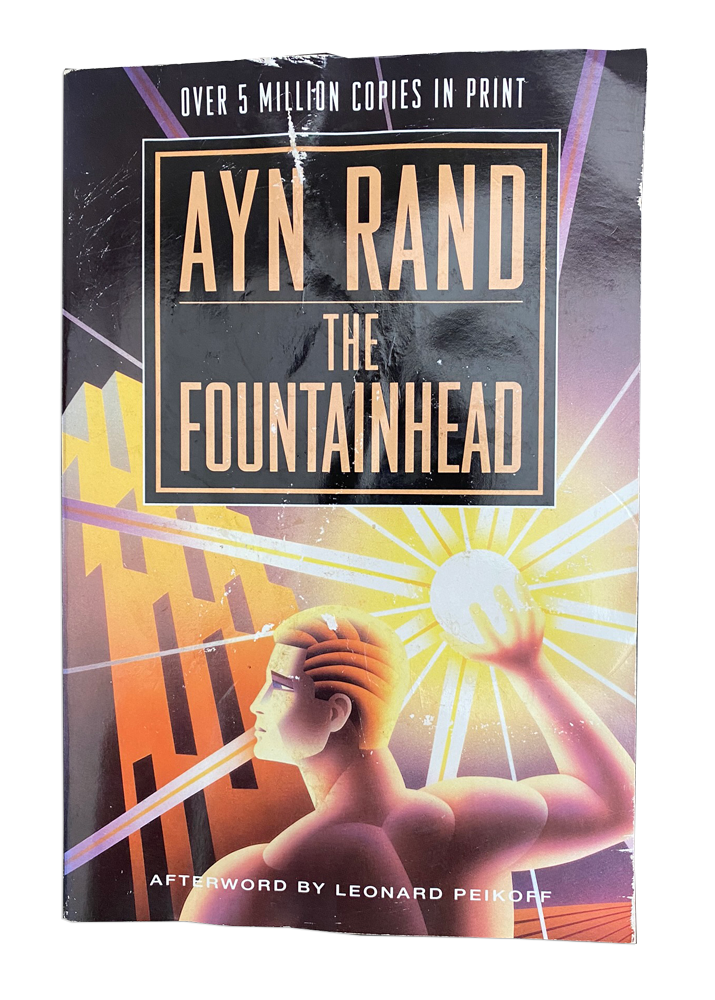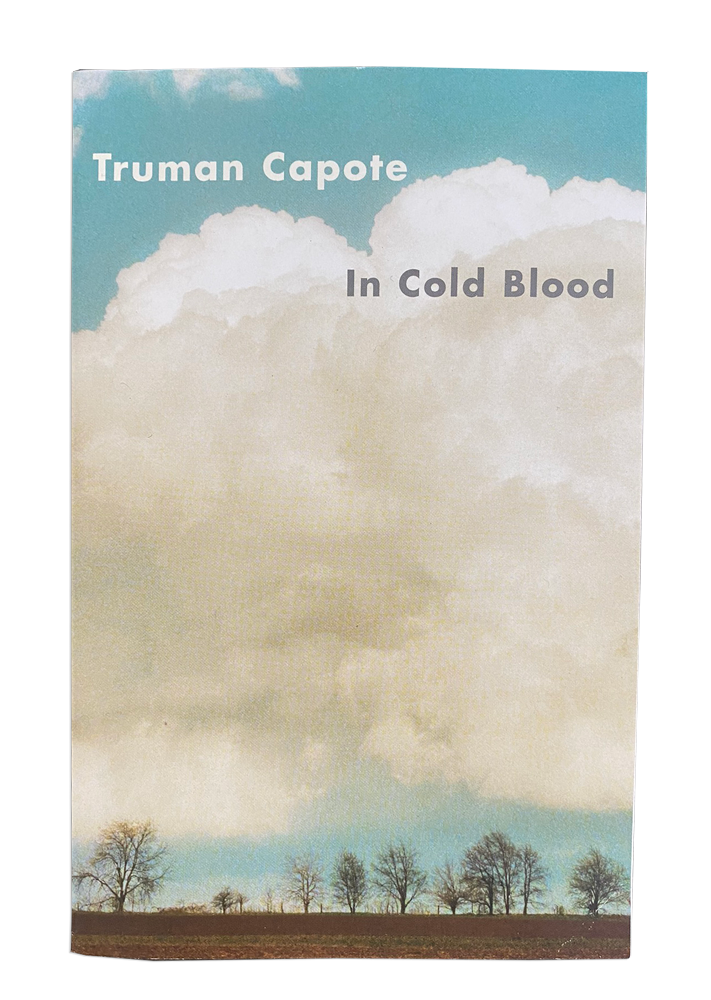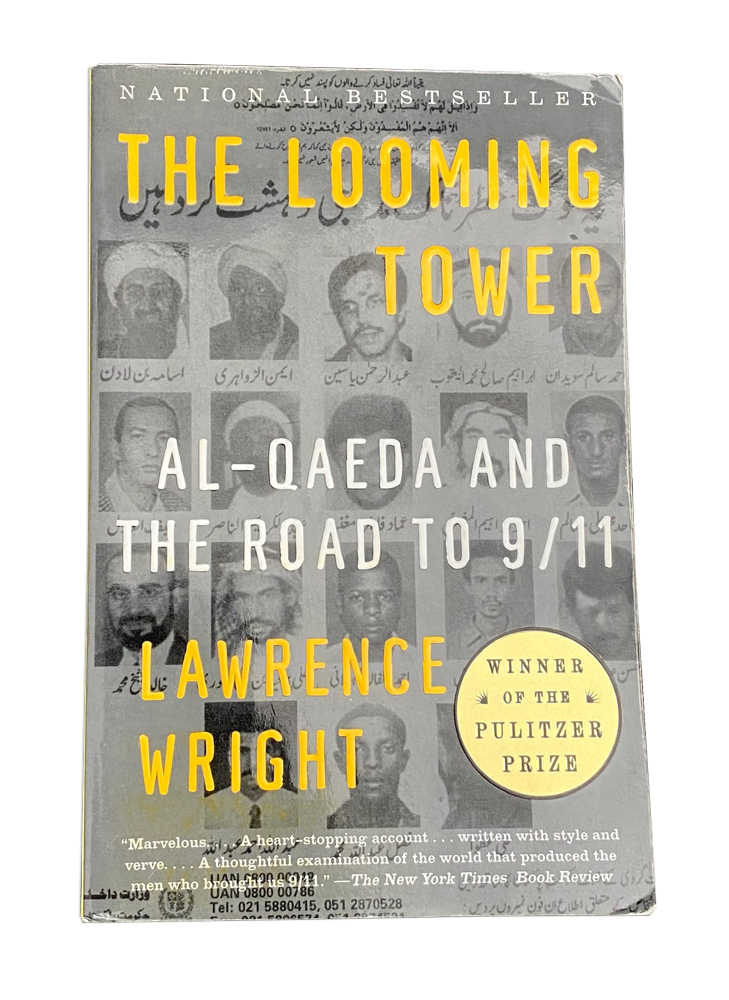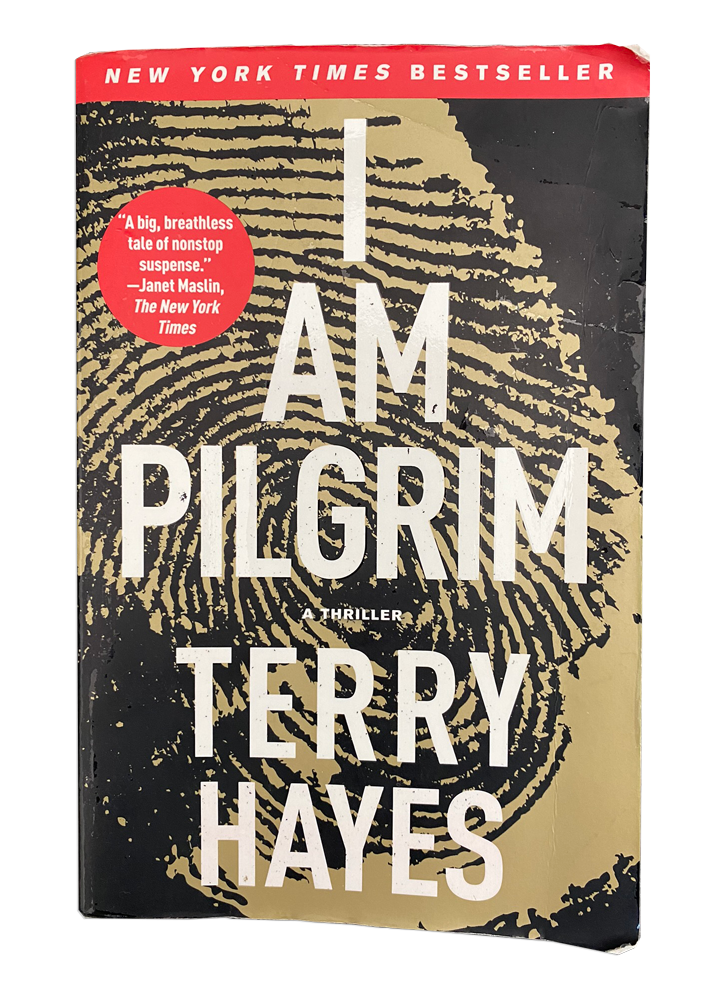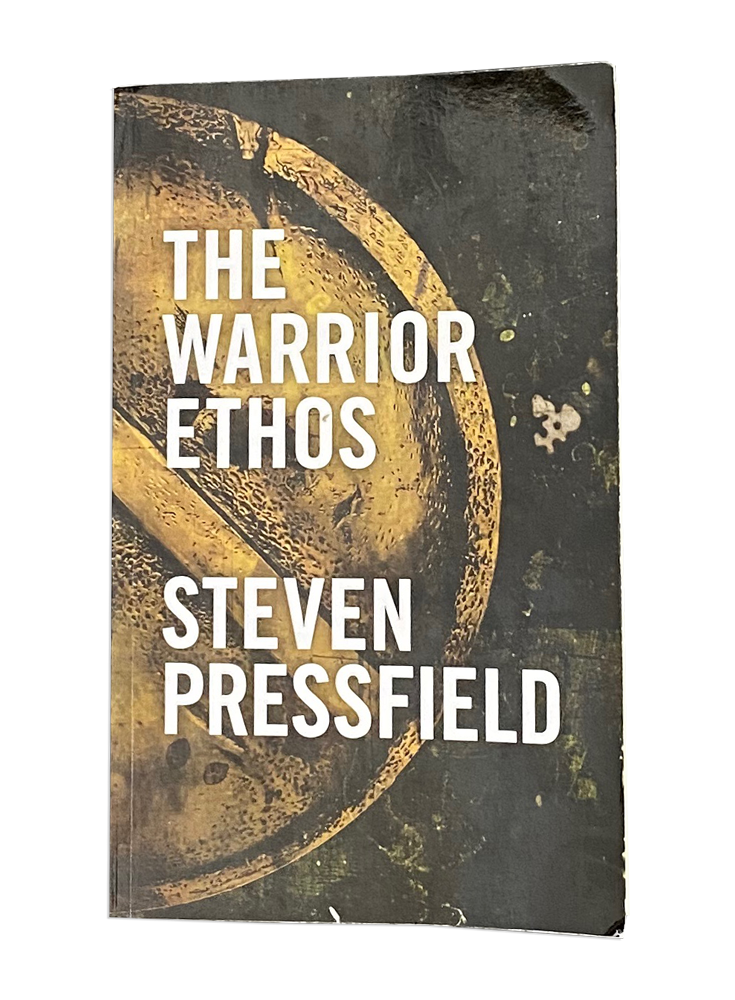March 2020
JACK CARR READING LIST
March Jack Carr Reading List
It is already time for the March reading list! For those new to the Team, each month I highlight six books from my reading list. Some are from the professional reading list I was asked to put together for the Naval Special Warfare Center before I retired from the SEAL Teams and others are books I have enjoyed at various stages of my life. I read and processed them at different phases of my journey but each and every one of them is meaningful to me and contributed to making me the leader I was in the SEAL Teams and the writer I am today. I will forever be grateful for the time spent in their pages and to the lessons that stay part of my larger experience. If you are just discovering these lists for the first time and want to explore past selections, they are posted on the blog section of my website. There is nothing I enjoy more than discussing books and reading. Time to turn the page!
For additional details on the books, why I think they are important, and the impact they had on my development as a combat leader and writer, keep reading. This blog is for you.
March reading list:
- The Fountainhead by Ayn Rand
- In Cold Blood by Truman Capote
- The Looming Tower by Lawrence Wright
- One Second After by William R. Forstchen
- I Am Pilgrim by Terry Hayes
- The Warrior Ethos by Steven Pressfield
There is nothing I like more than discussing books and reading. I look forward to sharing my thoughts!
The Fountainhead by Ayn Rand
Ayn Rand was born in St. Petersburg, Russia in 1905. The author of two of the most profound and impactful novels of the 20th century, The Fountainhead and Atlas Shrugged, her work continues to influence how I live and write today. Atlas Shrugged was highlighted on my November Reading List. I read Atlas Shrugged first and I am always curious which of the two resonated the most with people who have read both. If you haven’t read these two masterful works, I highly recommend devoting yourself to them; take the time to think about and internalize their concepts.
There is an exchange in Part 1 of The Fountainhead that has been morphed over time to be almost as closely associated with the author as her immortal first sentence in Atlas Shrugged. The attributed quote was adopted from this conversation between the protagonist, Howard Roark, and the dean of his architectural school from which he had just been expelled.
Dean: “Do you mean to tell me that you’re thinking seriously of building that way, when and if you are an architect?”
Roark: “Yes.”
Dean: “My dear fellow, who will let you?”
Roark: “That’s not the point. The point is, who will stop me?”
Even though the lines are clearly articulated by Howard Roark, if you research Ayn Rand’s life and philosophy these words will carry an even deeper significance. Now get out there! And, like Ayn Rand and Howard Roark, don’t let anyone or anything stop you!
In Cold Blood by Truman Capote
There are many ways to approach Truman Capote’s In Cold Blood, and none of them are wrong. Perhaps my recommendation stems from the approach I took by default, reading it in high school as a work of literature without delving into the controversy over its veracity, the backstory surrounding its research, or the intriguing life of its author, all facets of the book that I’ve been fascinated with in the years since that first reading. By Capote’s own admission, and perhaps due to his flair for the dramatic, it is quite rightly studied as a “new form of nonfiction novel.” Though it certainly had, and still has, its detractors, there is no denying that In Cold Blood captures the imagination and draws you into a true crime narrative in a way that demonstrates Capote’s mastery of the written word while exploring man’s capacity for violence.
The Looming Tower by Lawrence Wright
The Looming Tower by Lawrence Wright is one of the books on the professional reading list I was asked to put together for the SEAL Teams before I left active duty. The importance of knowing where we came from to clearly and logically address the failures of the past so future generations will not have to learn the same lessons in blood is as true at the strategic level as it is at the tactical level. It is our duty as leaders to understand the context of past decisions to inform our way ahead. There is no definitive work on the lead up to 9/11 but Lawrence Wright’s Pulitzer Prize winner is certainly among the must-read works for any American who is seeking a better understanding of the path that led to September 11th 2001. It was adapted to television for a series of the same name on HULU which I need to watch.
One Second After by William R. Forstchen
This timely and cautionary tale leaves few, if any, dry-eyed. Meticulously researched and written with heart, this is a book that goes in the stack of books you will want to read again. This novel that Newt Gingrich calls “future history” should come with a warning label; not only will you be recommending it to everyone you know, but it’s quite possible you will start stockpiling supplies, training, and preparing for a time when self-reliance and leadership might be all that win the day.
I Am Pilgrim by Terry Hayes
Quite simply the best thriller I have read in the past decade. If you are a lover of thrillers and have not read I Am Pilgrim, pick it up TODAY! The writing, plot, characters, twists – all are done on a level that sets it apart. There is a line from chapter 46 that I’ll never forget: “At last the West had encountered an enemy worthy of our fear…”
The Warrior Ethos by Steven Pressfield
“The Spartans do not ask how many are the enemy but where are they.” This phrase from Plutarch’s Sayings of the Spartans sets the tone for The Warrior Ethos by legendary author and former Marine Steven Pressfield. “At Thermopylae in 480 B.C., the Persian King Xerxes, at the head of an army of 2 million men, demanded of the Spartan King Leonidas that he and his 4000 defenders lay down their arms. Leonidas responded in two words: “Molon labe.” “Come and take them.” If you travel to Thermopylae today, you’ll see the Leonidas monument. It has only two words on it.” The Warrior Ethos is given to every aspiring SEAL Officer in the Junior Officer Training Course, a month-long course they take prior to finishing SQT, SEAL Qualification Training, which comes directly following six-months of BUD/S. I had the privilege of being the officer-in-charge of the course near the end of my time in uniform and it was one of the most rewarding assignments of my entire twenty years. It was an opportunity to give back and pass along lessons learned. We were extremely fortunate to have a retired Delta Force Sergeant Major on staff. I hope he’s still there because his experience and perspective was instrumental in the development of the next generation of SEAL warriors. What I learned in our time together could fill a book in itself. The students took part in case studies, read copiously, and culminated the course in a week-long FTX. Throughout the course, they carried The Warrior Ethos. That background might lead one to believe that this is a book written only for military personnel, but that is not the case. We are all going to face adversity in life. How we deal with that adversity defines our character. The Warrior Ethos is for us all. The passage in The Warrior Ethos that has spoken to me since I first read a version of it in Pressfield’s Gates of Fire is a story that resonates through the ages: “…the man declared that the Persian multitude was so numerous that, when their archers fired their volleys, the mass of arrows blocked out the sun. “Good,” declared Dienekes. “Then we’ll have our battle in the shade.””

